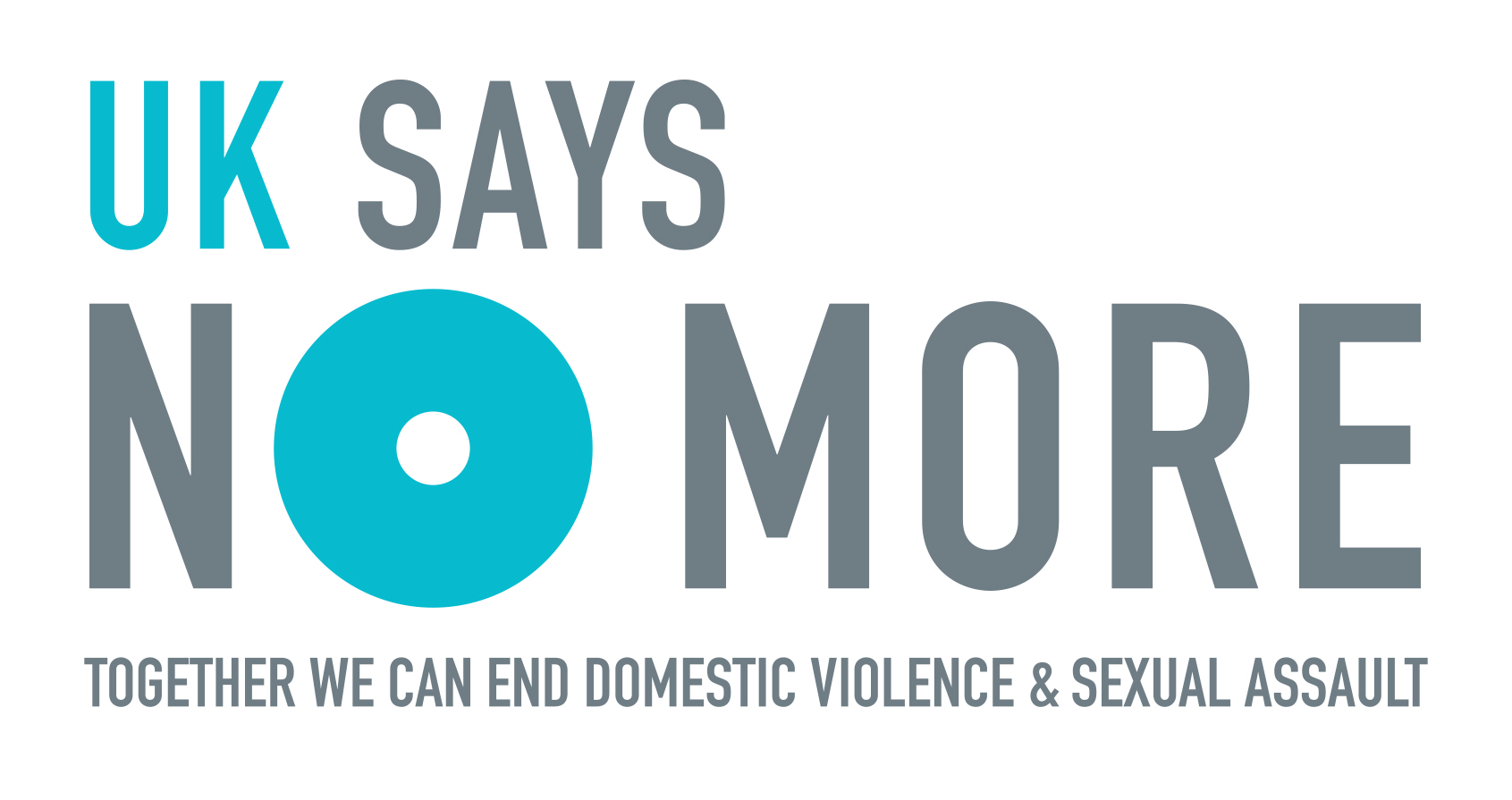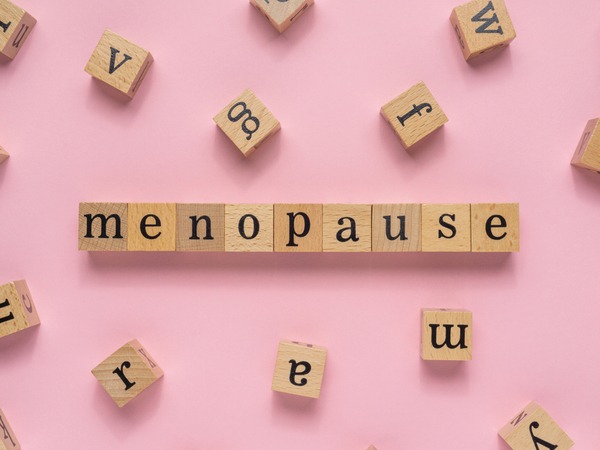Mediation is becoming an increasingly popular choice for families going through separation or divorce, especially for those looking to resolve matters more privately and amicably.
Partner and Head of Family & Divorce, Sadie Glover, outlines some of the common myths, and what you should and should not expect from the mediation process.
Myth 1: Mediation is only for couples who get along
In reality, many couples choose mediation because communication has broken down. The mediator is trained to manage difficult conversations and help both parties find a way forward, even where there is conflict.
Myth 2: Mediation leads to a legally binding agreement
It’s important to understand that agreements reached in mediation are not legally binding. Your solicitor will help you review any proposals and can formalise them into a consent order, making the outcome enforceable by the court.
Myth 3: Mediation is unsuitable when finances are complex
High-net-worth families often have complex assets, such as property, businesses and trusts. A good mediator will work alongside your solicitor and other advisers to help make sure everything is properly shared and understood.
Myth 4: Mediation will make me compromise too much
A good mediator will not pressure you into agreeing to something you’re uncomfortable with. The process is designed to give both parties a voice and promote fair outcomes. You remain in control and can take legal advice at any stage.
Myth 5: Mediation is just a ‘tick box’ before going to court
While mediation is a required first step before applying to court (unless exemptions apply), many families find it genuinely effective, saving time, cost, and stress, and allowing them to retain more control over their future arrangements.
Mediation can offer real advantages, particularly for clients who value privacy, discretion and flexibility. With the right legal support alongside, it can help resolve issues in a way that feels fair and dignified for everyone involved.
To discuss whether mediation is right for you, please contact Sadie Glover, Partner and Head of Family & Divorce on 01494 411189, or email enquiries@blasermills.co.uk.




































